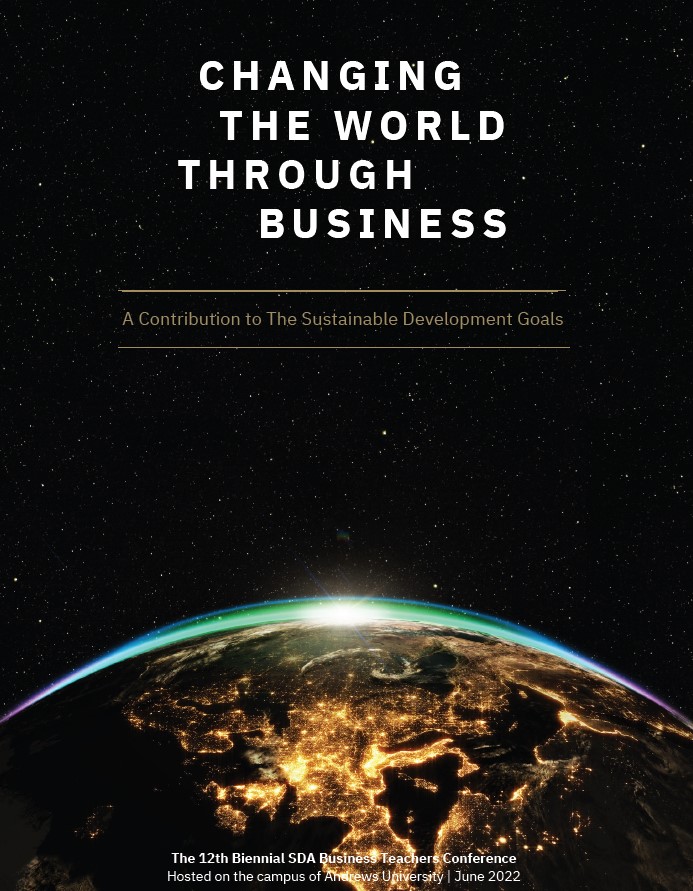Towards a Rhetorical and Stylistic Model of Digital Commercial Writing, Oriented to the Student Prospect in the Context of the Commercialization of Higher Education Programs in Colombia
Location
Chan Shun Hall Room 208
Start Date
14-6-2022 3:00 PM
End Date
14-6-2022 4:00 PM
Description
In the new century, users and Artificial Intelligence (AI) participate in the creation and recreation of content, especially the textual component within brand communication. This irruption enters into tension and dialogue with the traditional job of the copywriter and with emerging roles in response to the needs of media convergence and conversational marketing. The advertising text, which in the past held corporate authorship, formal prefiguration, and a closed entity, today expands through the media and through networks, from multiple sources, overlapping rhetorical phases, and liquid textualities. In this paper, the progress of the research project called: Rhetorical and stylistic model of digital commercial writing, oriented to the student prospect in the context of the commercialization of higher education programs in Colombia, carried out within the Organizational Studies research group is exposed, of the Adventist University Corporation (UNAC), located in Medellin, Antioquia – Colombia. In the first place, the review of 92 documents published in the world between 2000 and 2021, registered in databases of scientific journals, documentary centers, publishers, bookstores, and research products, corpus in which they are studied, problematized, or precepted, is disclosed, the formal and production conditions of the textual component that participates in brand communication. In the second instance, the critical analysis of the copywriting of websites and social networks is presented, for the enrollment cycle of the first semester of 2022, of the 30 higher education institutions in Colombia with the largest number of students. And, thirdly, the model of digital commercial writing is outlined with the purpose of adaptation, effectiveness, and humanization for the student prospect of higher education in the country.
Towards a Rhetorical and Stylistic Model of Digital Commercial Writing, Oriented to the Student Prospect in the Context of the Commercialization of Higher Education Programs in Colombia
Chan Shun Hall Room 208
In the new century, users and Artificial Intelligence (AI) participate in the creation and recreation of content, especially the textual component within brand communication. This irruption enters into tension and dialogue with the traditional job of the copywriter and with emerging roles in response to the needs of media convergence and conversational marketing. The advertising text, which in the past held corporate authorship, formal prefiguration, and a closed entity, today expands through the media and through networks, from multiple sources, overlapping rhetorical phases, and liquid textualities. In this paper, the progress of the research project called: Rhetorical and stylistic model of digital commercial writing, oriented to the student prospect in the context of the commercialization of higher education programs in Colombia, carried out within the Organizational Studies research group is exposed, of the Adventist University Corporation (UNAC), located in Medellin, Antioquia – Colombia. In the first place, the review of 92 documents published in the world between 2000 and 2021, registered in databases of scientific journals, documentary centers, publishers, bookstores, and research products, corpus in which they are studied, problematized, or precepted, is disclosed, the formal and production conditions of the textual component that participates in brand communication. In the second instance, the critical analysis of the copywriting of websites and social networks is presented, for the enrollment cycle of the first semester of 2022, of the 30 higher education institutions in Colombia with the largest number of students. And, thirdly, the model of digital commercial writing is outlined with the purpose of adaptation, effectiveness, and humanization for the student prospect of higher education in the country.



